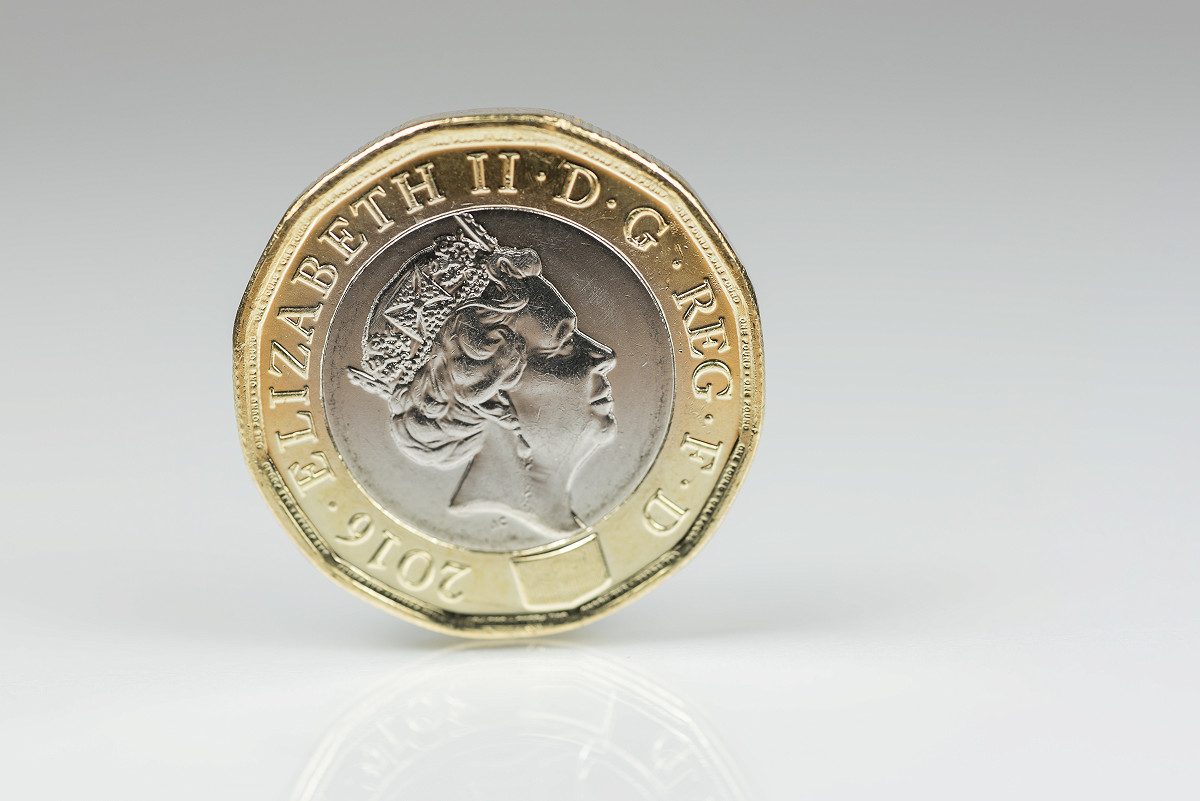
The hit to the UK economy and the public finances from the pandemic and the persistent weakness of both investment and productivity have underlined the importance of finding policies that promote growth. Could engineering a substantial fall in the exchange rate be part of the solution?
YES – says John Mills
Why does the UK economy need an exchange rate about 20% lower than it is at the moment? It is because this would raise the underlying growth rate of the economy by about 2% per annum. It would make us about 20% better off by 2030 than we otherwise would be. Here’s why.
Economic growth depends very largely on physical investment, although the big returns are to be found coming from quite a small number of categories of outlays, clustering round mechanisation, technology and the use of power. Think of a combine harvester replacing a scythe, a 44-ton truck instead of a wheelbarrow or a new machine which produces twice the output from the same inputs as one which it replaces. These sorts of investment are key to increasing productivity, unlike most others – in roads, rail, schools, hospitals, public building and housing in the public sector, and office blocks, shopping malls, new restaurants and IT systems in the private sector – which do not contribute much to economic growth.
The UK’s problem is not only that our overall level of investment as a percentage of GDP – at 17% – is far below the 25% world average; it is also that the amount we spend on the really high powered categories is even more pitifully low – at well below 3% – and now lower than depreciation charges on existing assets. This is why UK productivity growth is almost non-existent, why wages are stagnant and why our growth rate is so low.
Why is UK investment so poor? In the public sector it is because of shortage of funds but in the private sector, where the key to economic growth lies, it is because it is unprofitable. In manufacturing, typically about 30% of total costs are for machinery, raw materials and components, for which there are world prices which stay the same in world price terms whatever happens to the exchange rate. The other 70% is incurred in sterling – on wages, salaries and overhead costs of all kinds, including interest and taxation. The rate at which all these sterling costs are charged out to the rest of the world depends almost entirely on the exchange rate. Our loss of share of world trade clearly shows that the pound has for a long time been far too strong for UK manufacturing. In 1950, 25% of all manufactured exports originated in the UK. Now less than 2% do so.
The natural home for most high-powered investment projects is in the privately owned, internationally traded, light industrial sector where profitability is crucial. The problem is that our overvalued currency makes it unprofitable to invest in new manufacturing production facilities in the UK rather than elsewhere. The key to getting the growth rate up, therefore, is to use a competitive exchange rate to increase the amount which we spend on high-powered investment, ideally by about 4% of GDP. This type of investment is easily capable of producing returns to the economy as a whole – including higher wages and salaries, better and cheaper products, greater profitability and a stronger tax base – of at least 50% per annum. 4% x 50% equals the 2% increase in our growth rate which our much more competitive currency would be capable of achieving.
Is this possible? Yes, it involves our doing no more than many other successful countries do all the time, to keep their exchange rates competitive. Will it happen? Time will tell but, if not, expect UK living standards to be no higher in 2030 than they were in 2019 or even 2007. If we continue with our current exchange rate policies, our economy may well stagnate for a whole generation.
NO – says Julian Jessop
The idea that a substantial devaluation of the pound could help to boost UK productivity and investment, especially in manufacturing, is an appealing thought which John and I have debated before. But I still believe it is fundamentally flawed.
For a start, I am not convinced that John has solved the productivity puzzle. He is surely right that, in the past, the major gains in productivity have come from the manufacturing sector and other ‘heavy’ industries. But this may not be true in future, given the scope for new technologies and working practices to transform productivity in the rest of the economy.
I also suspect that the UK’s performance has been undermined by increases in the burdens of tax and regulation on some of the previously most productive sectors – notably energy and financial services – and that gains in the digital economy are being under-recorded.
More importantly, even if the diagnosis is correct, devaluation is not the cure. The level of the exchange rate is ultimately a price like any other. It should therefore be determined by normal economic and market forces, rather than set by government.
Nor is it obvious that the pound is currently over-valued. Sterling’s trade-weighted indices against other currencies are close to historic lows, both in nominal and real terms. If anything, the pound is already looking cheap.
What’s more, devaluation could just be a zero-sum game. Indeed, it is hard to see how a policy based on making the UK more competitive, or a more attractive place to invest, can succeed without making someone else worse off.
There are practical issues too. How would the UK get the exchange rate down and, just as importantly, keep it down? The Bank of England could create and sell unlimited amounts of sterling. However, this would break commitments that the UK has made – as a member of the G7 – not to target exchange rates for competitive purposes.
The UK would therefore have to fall back on policies that have the incidental effect of weakening the currency, without targeting it explicitly. But even if the UK can get the nominal exchange rate down, how can it be kept there? Other countries could simply respond by devaluing their own currencies. After all, if the UK is seen to benefit, why wouldn’t other countries follow? A round of tit-for-tat devaluations would just leave everyone where they started.
Finally, suppose that the UK can keep the nominal exchange rate down. If the boost to competitiveness is then eroded by higher inflation, leaving the real exchange rate unchanged, there would be no net gain either.
There have been examples where a devaluation has had lasting real benefits, including sterling’s exit from the ERM in 1992. However, this depends crucially on the exchange rate being substantially over-valued to begin with, and there being plenty of spare capacity in the economy so that the inflationary response is muted.
It might be argued that the Covid recession has created the spare capacity that would allow the economy to grow more quickly without generating more inflation – and even that an increase in inflation might now be a welcome way to reduce the real burden of higher debt. But this argument would presumably apply to other countries too. I doubt they would take kindly to the UK trying to steal a march by devaluing the pound in the midst of a global pandemic.
This debate originally appeared on the Institute of Economic Affairs website.
John Mills is founder and Chairman of JML, the consumer goods distribution company, which exports to more than 70 countries around the world. He is also an economist and author, noted for his writing on Brexit, the Labour Party and exchange rate policy. In 2020, he founded the John Mills Institute for Prosperity, which promotes policies which it believes will increase the UK’s growth rate and rebalance the UK economy.
Julian Jessop is an independent economist with over thirty years of experience gained in the public sector, City and consultancy, including senior positions at HM Treasury, HSBC, Standard Chartered Bank and Capital Economics. He was Chief Economist at the Institute of Economic Affairs until December 2018 and continues to support the work of the IEA as an Economics Fellow, especially with schools outreach, on a pro-bono basis. You can follow him on Twitter @julianhjessop.
